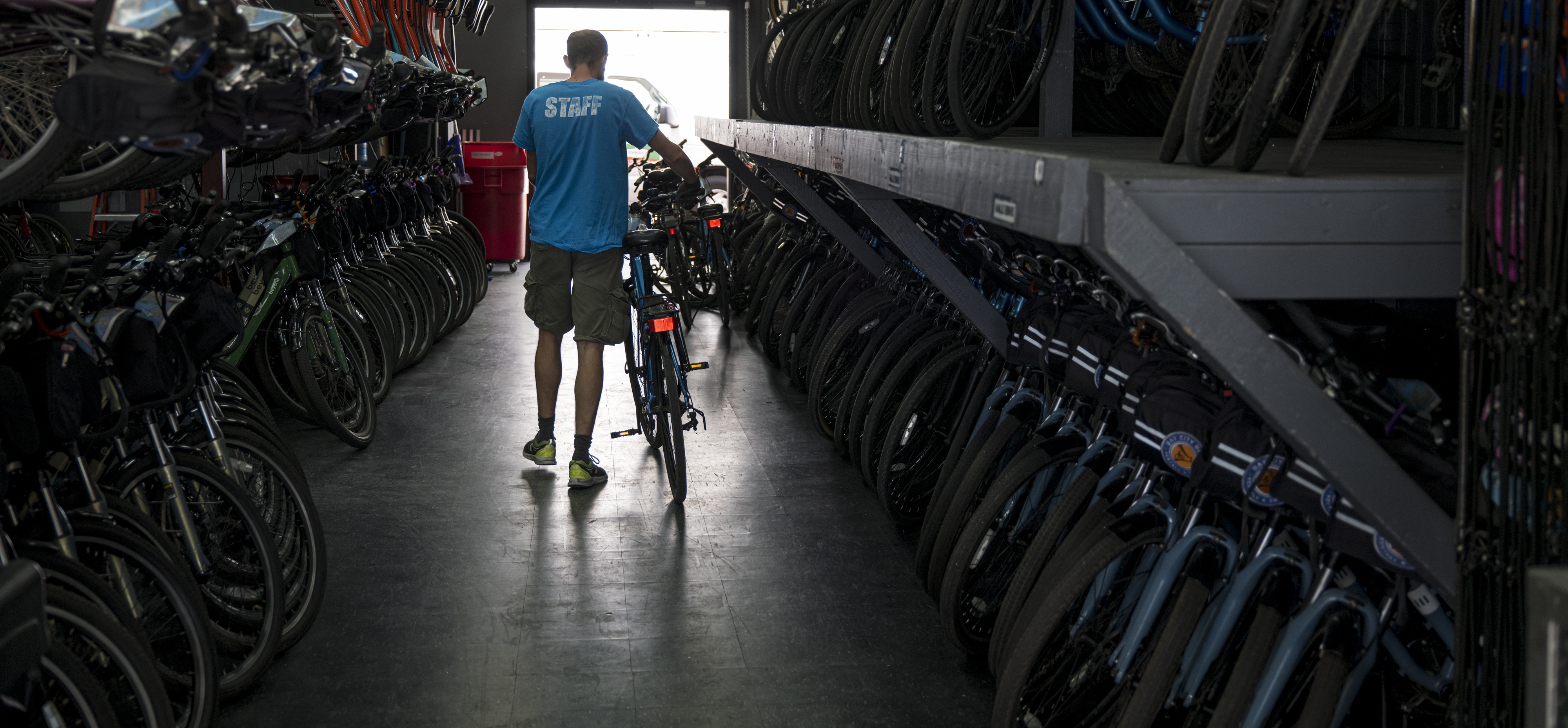
The bicycle industry continues to be an environment where ethnic minorities feel unable to be themselves, people with disabilities feel they must hide them, and many women and non-heterosexual people experience harassment and are less likely to remain in their positions - a report has found.
Pointing to the wider impact, the report also found that "excluding those with other backgrounds" may "make cycling less attractive to a wider community."
A report released by the Bicycle Association, and delivered in collaboration with Cycle Industries Europe’s Women in Cycling programme, found that senior leaders within the industry are "overwhelmingly white, heterosexual men."
Qualitative data was said by the report authors to reveal "cultures of harassment and unfair treatment."
One female working for a small supplier/manufacturer/brand in Asia said: "The number of times I have been sexually harassed merely because I was one of few, or indeed the only women in the mix, is only topped by the number of instances I have been discriminated against for being a woman in a ‘man’s environment’."
A white, gay man referred to his experience of approaches to equality, diversity and inclusion as "tokenistic and shallow."
The cycle industry is intolerant of people who don't want to wear Lycra kit and ride racing bikes.
Report responder
An open-ended question revealed - according to the report - that a "narrowly-defined enthusiasm for cycling" could be a career barrier, the authors noting that this not only impacts the industry but also "make[s] cycling less attractive to a wider community;" one responder said: "the cycle industry is intolerant of people who don't want to wear Lycra kit and ride racing bikes."
Just over half (52%) of ethnic minority employees said they felt free to be themselves at work, vs 84% of white respondents, and almost half of those with accessibility needs had not disclosed them to their employers. Two thirds of non-heterosexual respondents said they had been made to feel uncomfortable by the behaviour of others (that was directly related to their gender, race, age, marital status, disability, pregnancy/maternity, religion or sexual orientation) - along with half of women and people in ethnic minority groups.
Alarmingly, 71% of female respondents said they were considering leaving the industry, far exceeding similar intentions in the automotive industry, where 40% of women are considering leaving. Only 20% of non-heterosexual people, 29% of women, 23% of those in ethnic minority groups and 22% with accessibility needs considered themselves as having a lifelong career in cycling, vs 48% of men and 39% of white respondents.
In terms of suggestions for improving on the stats, the report listed seven actions for change. There were to:
1 Lead an inclusive, anti-discriminatory culture
2 Implement bullying and harassment policy and communicate to all employees
3 Diversify leadership teams
4 Make pay equitable
5 Introduce flexible working and paid leave entitlements
6 Offer mentoring and career development to all
7 Give more visibility to women and marginalised groups
Opening the report, managing director at Giant UK - Ian Beasant - noted: "The cycle industry offers a future that is exciting, engaging and rewarding; we now must ensure that opportunity is there for all. We together can be the change and the catalyst for the future."
The report was completed by 1,123 working in the industry, with 44% in the UK, 34% in Europe and 30% outside Europe; 32% worked for suppliers, manufacturers and brands whilst 20% were in retail, 12% worked for service providers, 9% in logistics and 7% for cycling rental schemes; 41% did cycling related jobs in other areas such as not for profit groups, government, education/training and media - the number exceeding 100% as some listed more than one area.







